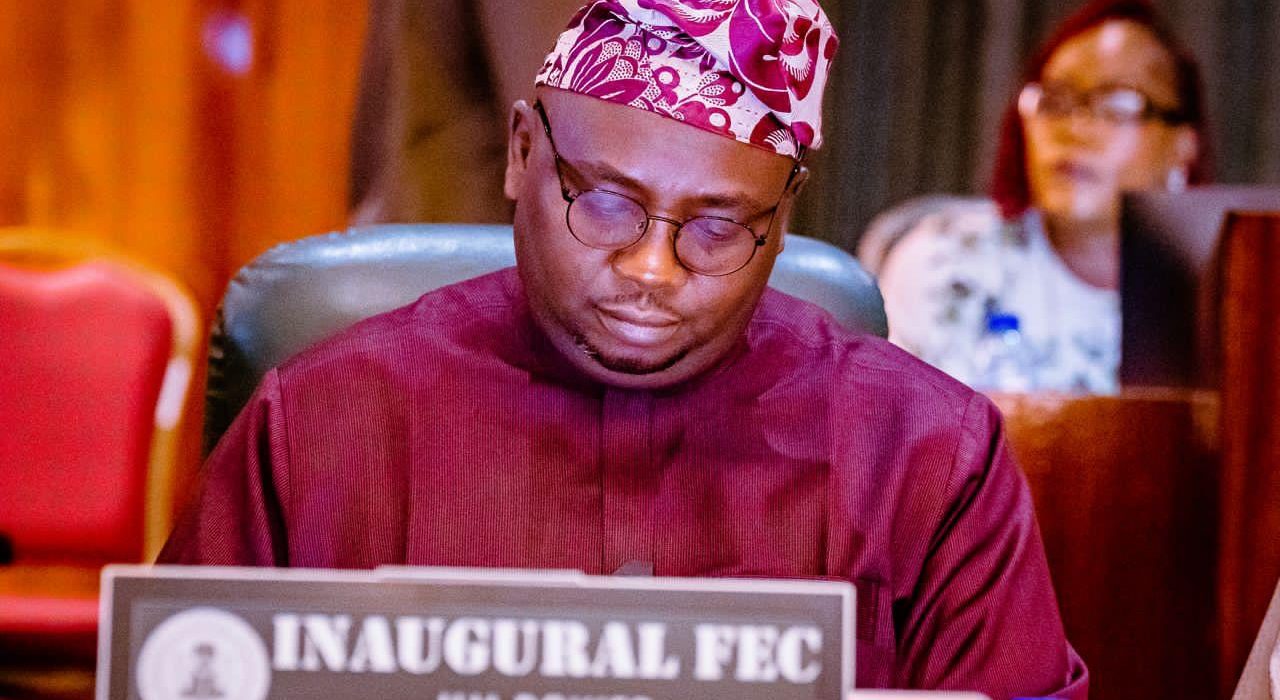The Nigerian government has recorded a significant win in its efforts to stabilize its electricity supply. According to the Minister of Power, Adebayo Adelabu, an additional 700 megawatts (MW) has been added to the national grid, thanks to the ongoing Presidential Power Initiative (PPI), a project backed by $2.3 billion in financing.
The Minister revealed this progress during a meeting with the EU Ambassador to Nigeria, Gautier Mignot, highlighting the government’s strategic interventions aimed at solving Nigeria’s long-standing power issues. The 700MW increase in transmission capacity comes from nearly-completed installations of new power transformers and mobile substations across the country. Adelabu explained that 90% of these installations are now functional, bringing a new level of grid stability that has previously been elusive once supply hit 5,000MW. Nigeria now consistently averages between 5,000 to 8,000MW.“We’ve broken previous records,” Adelabu said. “For the first time, Nigeria has recorded the highest average daily power consumption, over 20,000 kilowatt-hours and the highest ever transmission and distribution of 5,801.63MW, surpassing a 2021 record.”
For decades, Nigeria has struggled with erratic power supply, an issue that continues to hold back industrial growth, job creation, and economic stability. The Minister acknowledged that while Nigeria got electricity before some European countries, many of them have long achieved stable, reliable power while Nigeria still lags. The latest developments, he noted, mark a turning point. With a growing focus on renewable energy in rural and semi-urban areas and expanded grid access, the current administration is investing not just in generation and transmission but also in access and innovation.
Adelabu called on EU member states and global development partners to sustain their support for Nigeria’s power reforms. He praised countries like Germany and France for their contributions, particularly in funding critical infrastructure and supporting local implementation partners like Siemens and reputable Chinese distribution firms. The improvements are part of a broader reform agenda championed by President Bola Ahmed Tinubu, who signed the landmark Electricity Act of 2023 into law. The act decentralizes power generation and enables subnational governments to participate actively in the energy space, a step that could empower young leaders and innovators at the state level to drive real change. As Nigeria continues to build out its energy infrastructure, the hope is that consistent and affordable electricity becomes a catalyst for entrepreneurship, manufacturing, digital innovation, and job creation, especially for the country’s youth

